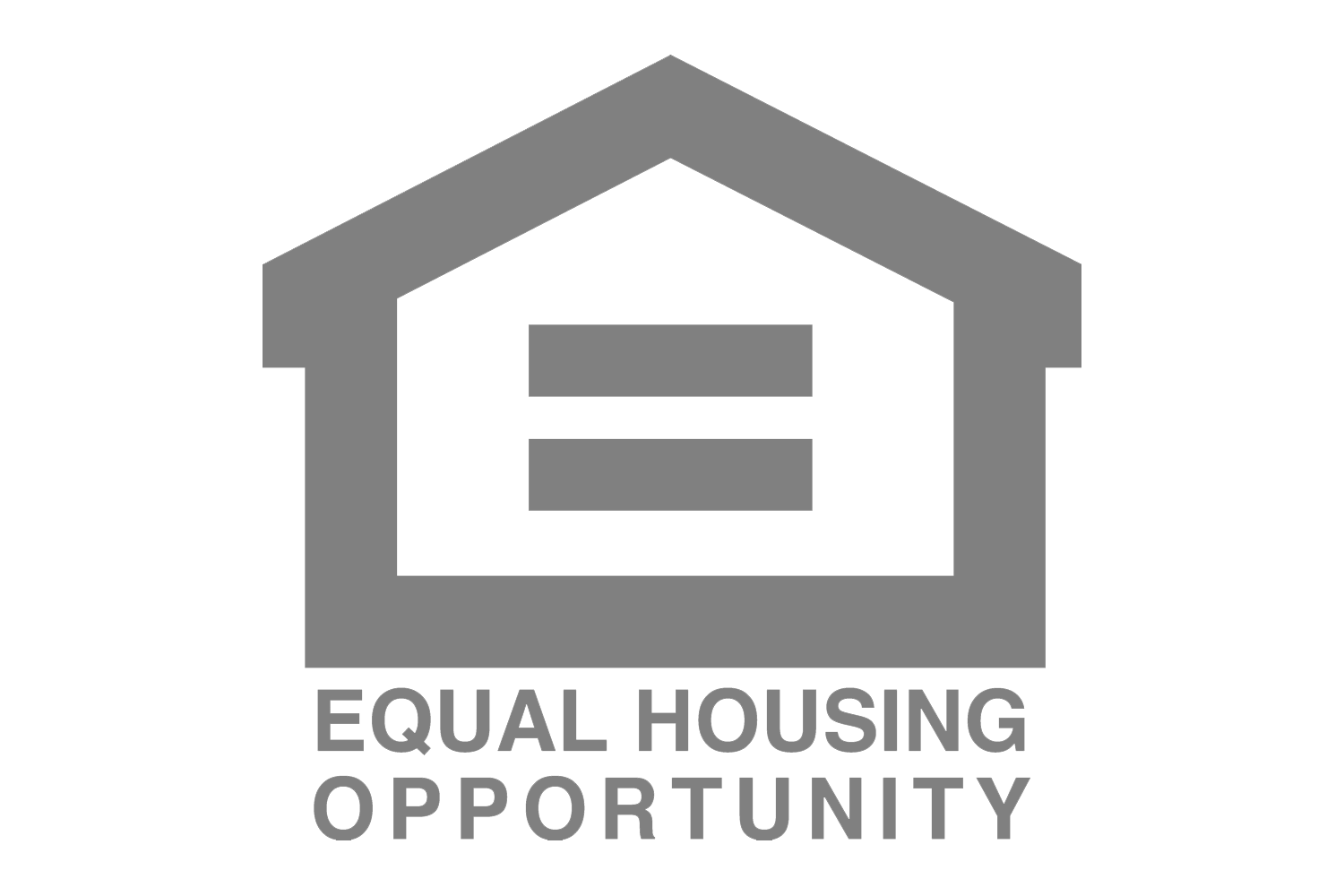Selling A Property To A FHA 203k Buyer
If you are selling a home that needs minor or major upgrades, an FHA 203k Loan is one of many renovation programs that includes funding for renovation costs in the original loan amount, at the time of purchase.
Typically, properties that need more than a little renovation work or upgrades are sold to cash investors at a discount due to the misconception that banks will not lend mortgage money on an uninsurable or unfinished home.
Investors purchasing a home with cash are generally able to drive the price down below market value since they have to budget spending additional funds after the purchase in order to rehabilitate the property and get it ready for resale at a profit.
However, if a buyer who actually plans on living in that home and neighborhood was able to purchase the distressed home and finance the renovation work into the original loan amount, then it is a win win for everyone. Not only does an FHA 203k Loan help preserve real estate values where it makes sense, but this rehab mortgage program provides employment opportunities for the local construction industry.
There are many ways that a local 203k real estate agent with renovation experience can help sellers and investors market their distressed listings to buyers who will actually be moving in to these homes and begin the process of rebuilding our communities.
203k Real Estate Listing Frequently Asked Questions
You can also call us directly at (833) 600-0036 to speak with a licensed renovation lender.
